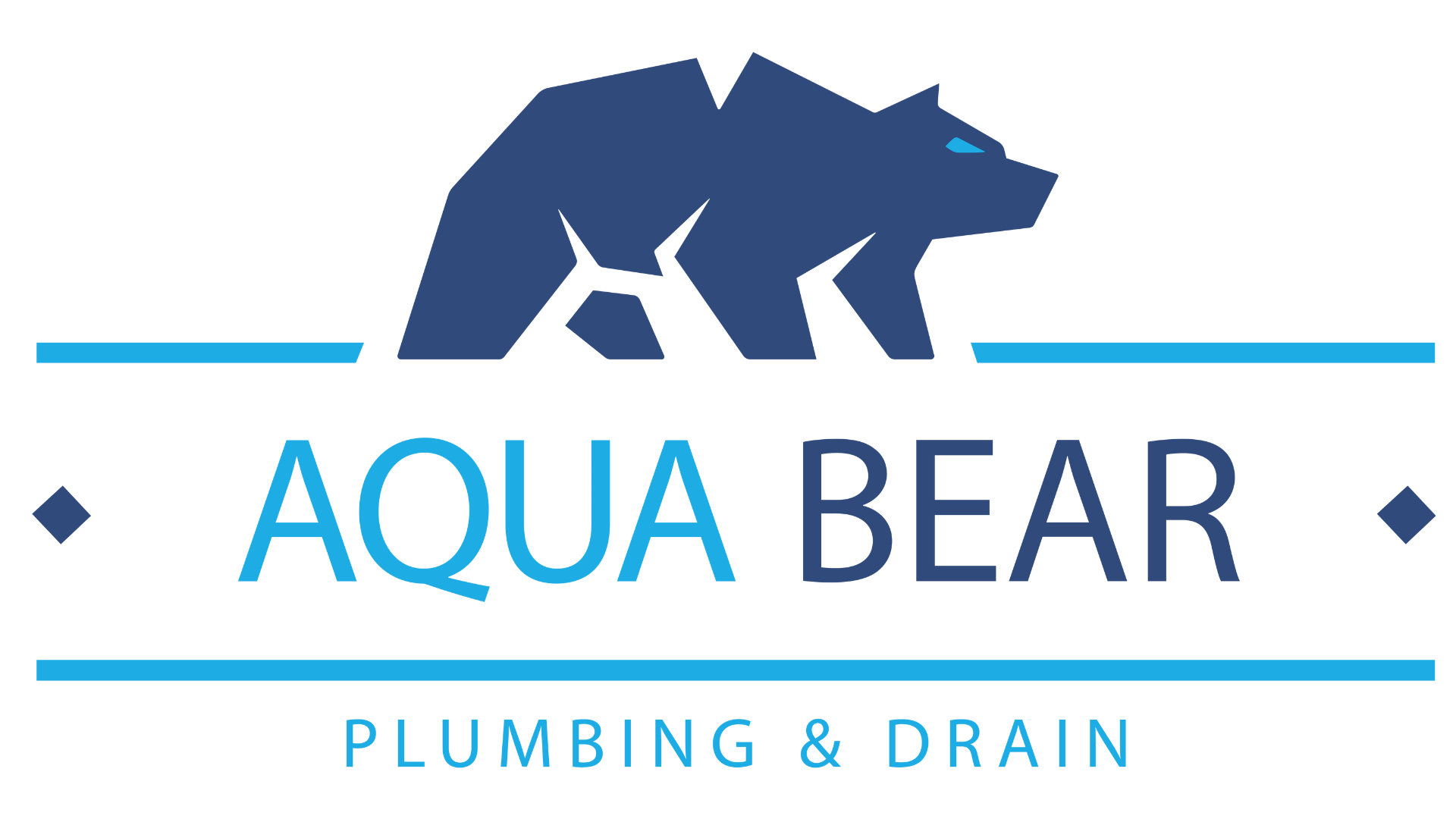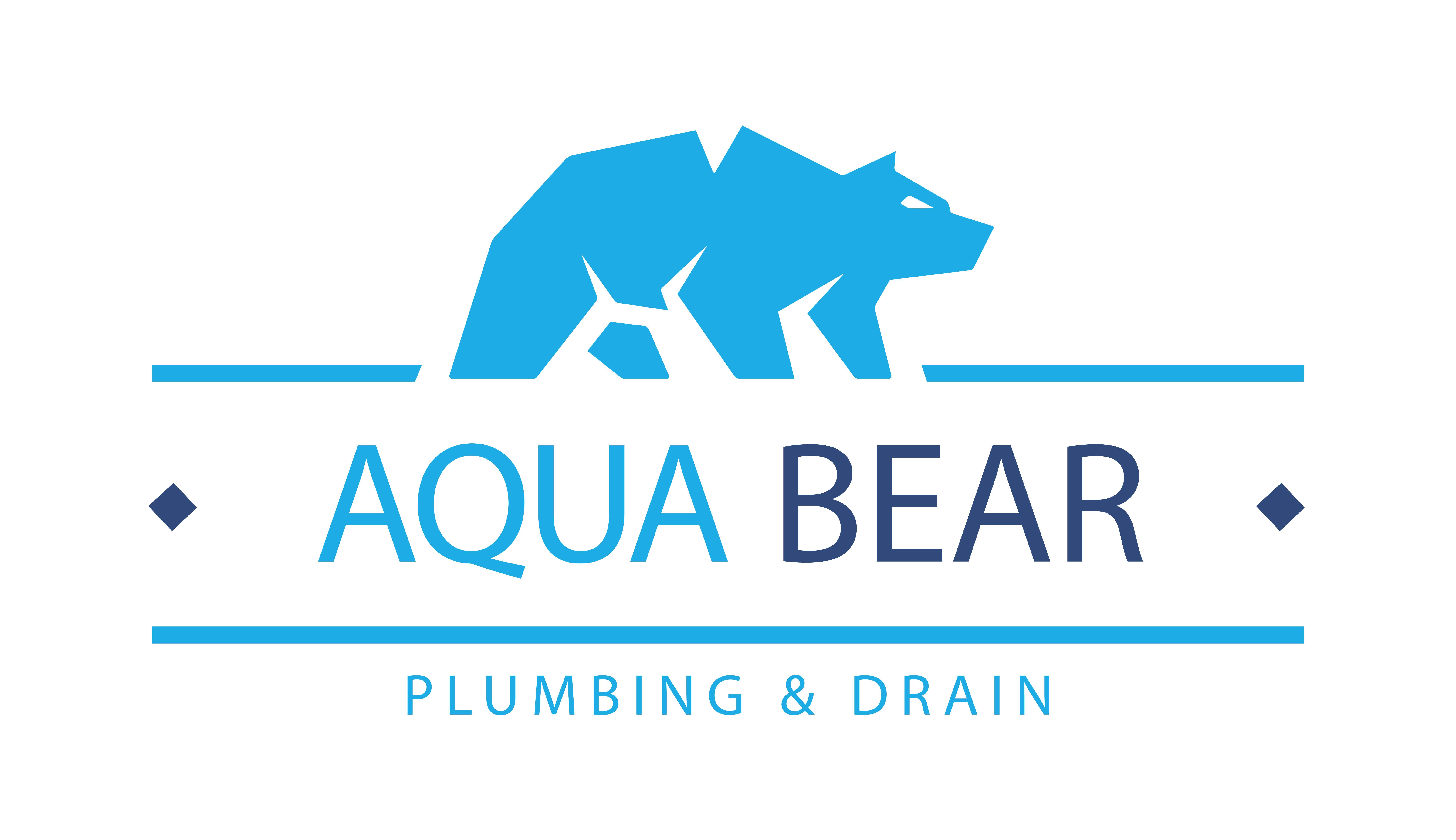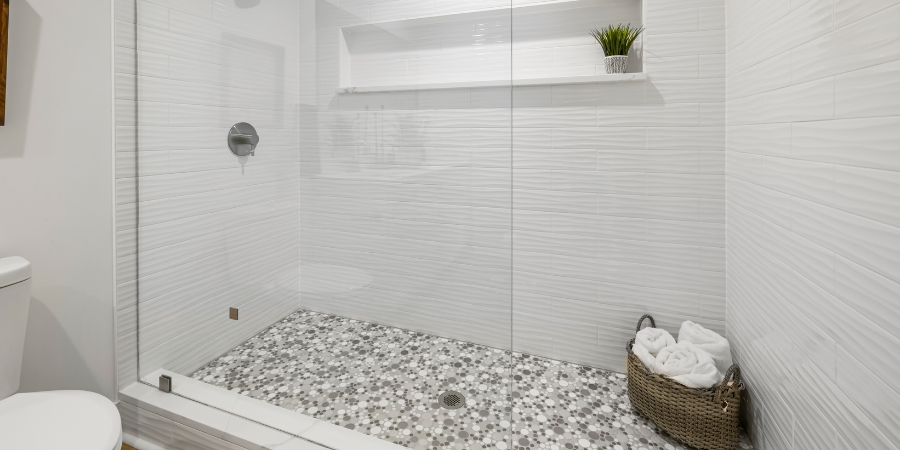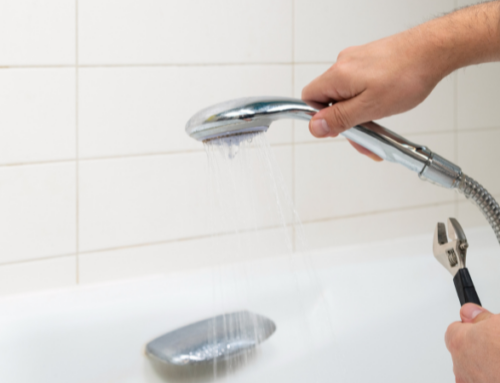A steaming hot shower is a great way to wrap up a hectic day or a delightful wake-up call to get your day started. Whichever way you view it there is one common thread to enjoying this experience and that is the shower must be in good condition. Musty smells, wet floors, or loose and missing tiles ruin the ambiance and your peace of mind.
In this article, we will take a look at the common signs your shower may be leaking and the root causes behind a shower leak. Not only are leaking showers aesthetically displeasing, but they can also create the ideal conditions for mold to grow threatening your health. Shower leaks that go undetected have the added disadvantage of causing damage to the inner workings of your bathroom leading to costly structural repairs. We will learn about ways to fix a shower leak to prevent health and safety issues and to return your shower to the respite it was designed to be. Read on to learn everything you ever wanted to know about shower leaks.
Signs of a Shower Leak
Some shower leaks are easier to detect than others. You can safely suspect you have some sort of shower leak if you see water dripping from the ceiling below the shower. Even slow leaks will leave behind a slow-growing water stain.
Another common sign of a leaking shower is a shower drain that is slow to empty due to a clog. It may appear strange that a clogged pipe could somehow create a leak but this is true. As the clog prevents water from flowing down the drain and the water backs up it places excess pressure on the pipe joints causing them to spring a leak.
Low water pressure can also result from a leaking pipe. Rather than the pressurized water shooting out of the shower head, some of the pressure is lost in the break and the water pressure is greatly reduced.
Any evidence of puddling water or wet spots on the floor adjacent to the shower is a reason to suspect a shower leak. Of course, check to be certain it isn’t coming from the shower door being left open during use.
A soft area around the drain can indicate a shower drain leak or a leak in the shower pan depending on how your shower was constructed. The drain assembly consists of a visible strainer and flange sealed with a plumber’s putty or silicone caulk to create a watertight seal. The drain body is then attached underneath, sealing the body with rubber gaskets. Any of these components can weaken over time and leak.
A final sign your shower is leaking is you smell a musty odor every time you are in the bathroom. No amount of cleaning seems to eliminate the problem and it is getting worse. This odor may be coming from mold that is growing in the damp, dark recesses of the underbelly of your shower floor.
Causes of a Shower Leak
The signs of a shower leak are plentiful and the causes comprise a long list as well. Worn-out washers, rubber gaskets, and malfunctioning O rings account for most faucet leaks in the shower.
Corrosion and mineral buildup can clog shower heads slowing the flow of water or stopping it altogether. In these cases, you will see crusty, white buildup on the shower head.
The hot and cold water service lines are prime locations for water to leak. Either due to wear and tear or poorly installed pipes, this type of leak can cause severe damage. It is especially problematic since these lines are located behind the wall and are out of view.
Cracks in the shower liner or tray will allow water to leak. Most times these issues arise from improperly installed liners or pans or from movement in the floor causing it to crack.
Crumbling caulk and missing grout are two easy-to-see just as easy-to-fix problems that can lead to shower leaks. They should be attended to immediately before moisture has the chance to seep behind the shower walls.
Dangers of a Shower Leak
Showrers are constructed of wooden studs that support large sheets of drywall covered with either custom tile work or a prefabricated shower system. When in good working order, the shower remains watertight and drains properly. However, when problems arise water can seep behind the tile or prefabricated walls or backup in the drainpipe causing serious problems.
Upon being exposed to water, drywall can begin growing mold within 24 hours. This area of the shower is not visible to the eye so when water infiltration occurs mold can quickly take over putting those using the shower at a health risk. Exposure to mold can cause watery eyes, a runny nose, difficulty breathing, and more serious respiratory problems. Mold remediation would need to occur which is time-consuming and costly and places the elderly and small children, especially at risk.
In addition to the health concerns related to a shower leak, there are also structural concerns. If moisture seeping behind the walls goes undetected for prolonged periods of time the supporting wood structures can be affected. The wooden studs and other support features can begin to rot leaving the shower unsafe, and potentially unusable, and will create costly repairs.
How to Repair a Shower Leak
Shower leaks can be categorized into minor water leaks and major water leaks. And, depending on the type of leak you have will dictate how to address it. Let’s explore both in more detail below.
Minor Leaks
Some shower leaks are less serious than others. A minor shower leak would include missing caulk, a dripping faucet, or a leaking shower head. These types of leaks are easy to see and can be addressed with minimal time and expense.
Faucets that drip are usually caused by a breakdown of the shower valve. The seals and gaskets can wear out from general use over long periods of time and need replacing. Also, corrosion from a high mineral count in the water can clog the inner parts of a shower faucet and will need to be cleaned.
Shower heads are particularly affected by a high mineral count and will block the water from flowing through the shower head. Filling a plastic bag with vinegar and tying it around the shower head overnight usually will correct this issue.
Missing caulk can be fixed by removing the old caulk, cleaning the area thoroughly, and then allowing it to dry over several days. Follow up by reapplying new caulk creating a new watertight seal..
Major Leaks
When tiles become loose or are missing or when the shower floor seems soft you are dealing with a seroius shower leak. Other indicators of a major shower leak are water leaking from the ceiling underneath the shower, peeling paint and wallpaper, or wet areas on the floor surrounding the shower. A musty odor that cannot be removed by normal cleaning practices is another red flag that should never be ignored as it signals you have a problem with mold growth.
These major leaks are serious health hazards and they threaten the safety of those using the shower as the substructures can be weakened due to ongoing exposure to water. These types of leaks almost always require a complete replacement of the shower. A professional plumber can evaluate the situation and determine which solutions are best on a case-by-case study.
Do You Have A Shower Leak In Vista Or The Rest Of North County?
As can be seen, shower leaks can result from various conditions and can create aesthetically displeasing shower stalls. These leaks signal there is a water issue through signs such as water-stained ceilings, soft spots on walls and floors, and other conditions that eventually will lead to possible health hazards and certainly structural problems requiring costly repairs.
We discussed some general fixes for a shower leak but the very best defense is to have a professional and experienced plumber evaluate your shower at the first sign of trouble. A plumber you can trust will recognize the early signs of problems and promptly repair minor issues saving you from potentially having to replace your entire shower.
A plumber’s number one concern is for your safety and comfort so be sure to call them when you suspect a shower leak. Contact our team today to get on the schedule so we can repair your shower leak right away!
